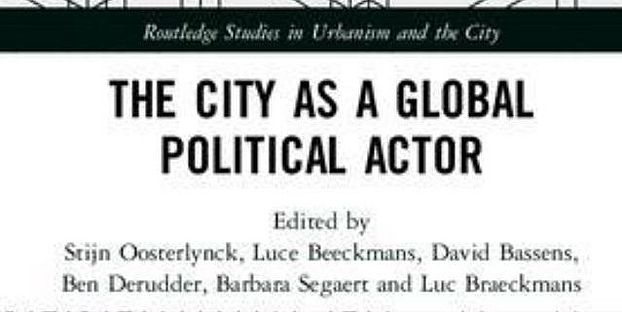A Closer Look at the Role of International Accolades in Worlding Cape Town’s Urban Politics

Laura Nkula-Wenz
The City as a Global Political Actor, Routledge , 2018
From the 2010 FIFA Soccer World Cup to the 2014 World Design Capital, over the past years Cape Town’s urban politics have been repeatedly populated by high-profile international accolades. The bidding for such urban accolades and the hosting of their associated events involves a multitude of sometimes complementary but often competing introspective and ‘extrospective’ (McCann, 2013; Peck & Tickell, 2002) political practices, as well as inter-scalar governmental logics, which – as this chapter shows – can be best understood through a relational framework of urban analysis. Building upon recent conceptual advances in postcolonial urban scholarship that have proposed the notion of worlding as a conceptual tool to investigate so-called ‘Southern’ cities through their emerging inter-urban connections (Roy, 2014; Roy & Ong, 2011), this chapter conceptualises international urban accolades as particular worlding devices; they allow us to trace the intricate politics of how a city interacts with, and at the same time becomes part of global forms in circulation. Empirically, the argument draws on extensive research that engaged with the aspirational politics that accompanied Cape Town over the course of four years on its journey of becoming the World Design Capital 2014. It shows how being designated the first African World Design Capital not only provided the City of Cape Town with a powerful device for mobilizing ideas, knowledge, objects and people, but also how the accolade functioned as a fulcrum of inter-scalar politics and shifting governmental discours-es. In particular, this chapter focuses on unpacking the diverse range of both ‘extrospective’ and in-trospective politics that permeated the process of worlding Cape Town ‘by design’.
